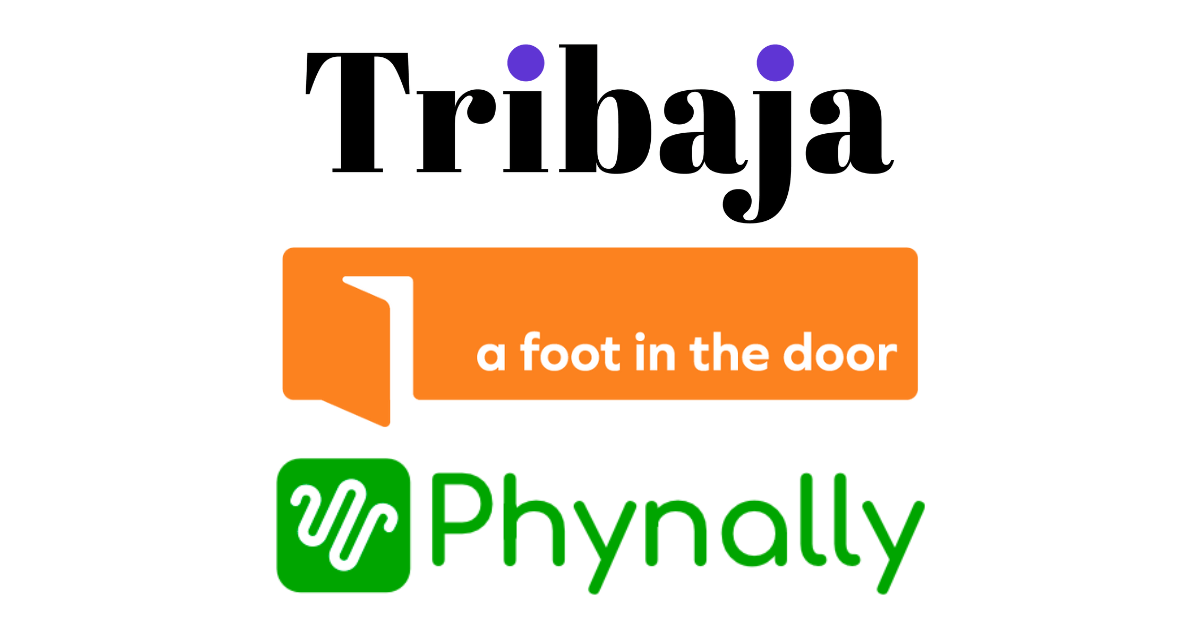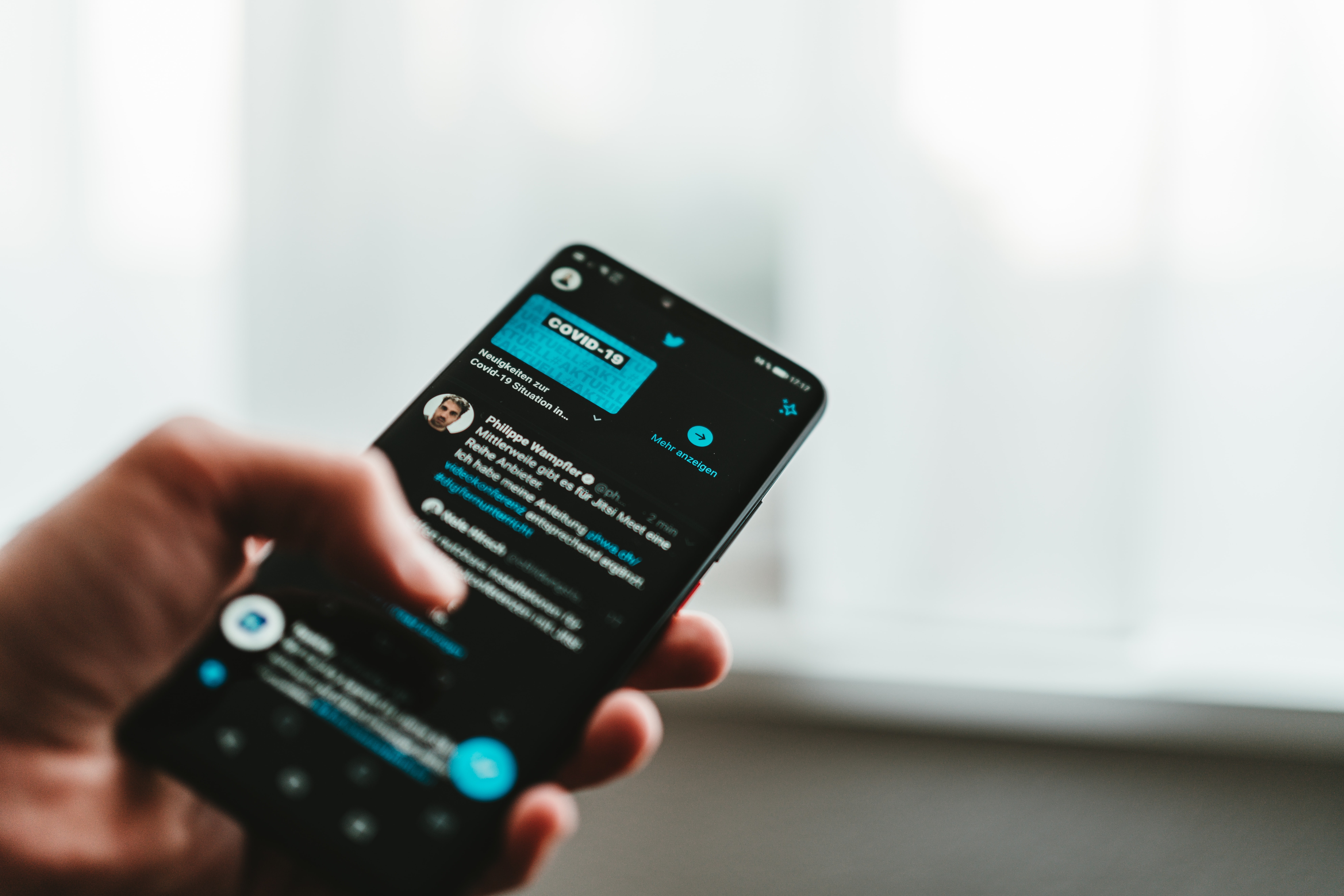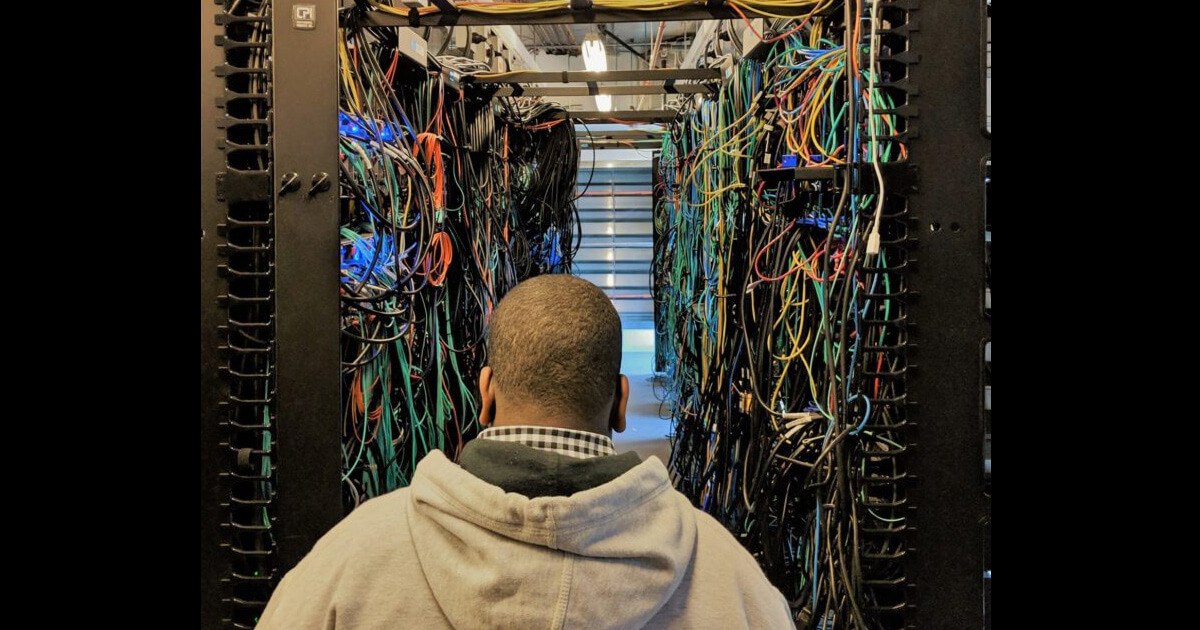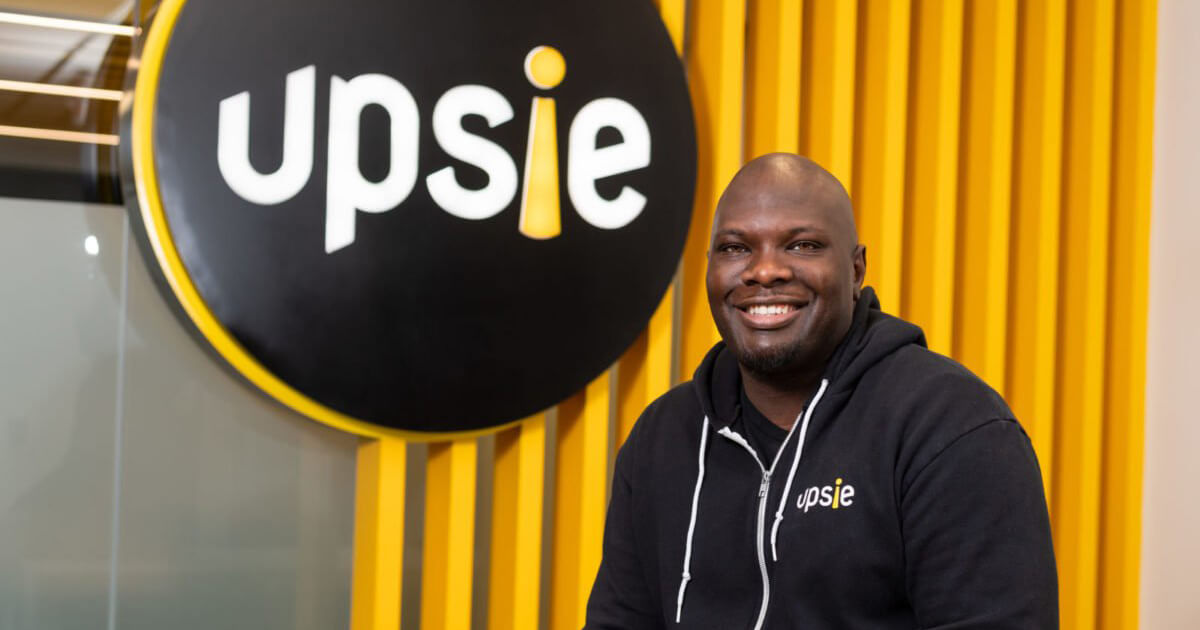Last Friday, President Joe Biden signed a sweeping executive order seeking to break up tech and other industry monopolies and promote competition in the U.S. economy. The order, packed with 72 policy prescriptions for several government agencies, addresses anti-competitive challenges in markets including Big Tech, healthcare, airlines, agriculture, labor, finance and more.
The order is designed to benefit the economy overall but could have far-reaching benefits for Black-owned businesses and employees.
“Black communities know firsthand the detriment of anti-competitive markets,” Jade Magnus Ogunnaike, Senior Director of Campaigns at Color Of Change, told The Plug. “Monopolies produce lower wages for Black workers, scarcity for Black-owned businesses and farms, and deepen wealth disparities.”
Earlier this year, Democratic lawmakers proposed new antitrust laws to target Big Tech’s grip on the U.S. economy. Biden’s executive order similarly aims to reduce the tech industry’s power and prevent larger corporations from shutting out smaller businesses.
During the signing, Biden acknowledged lack of competition in the U.S. economy is hurting Americans. He believes the order is conducive to creating an economy that works for everyone.
“This kind of reform is a good first step. But economic and antitrust reform that does not prioritize racial justice will only continue to neglect Black communities who are already impacted by the proliferation of digital hate speech, online redlining, and white supremacist organizing,” she said.
The order targets businesses’ utilization of nondisclosure agreements, which have been scrutinized for hindering Black technologists from advancing in the tech industry, and calls for restricting their implementation and pushing for the Federal Trade Commission (FTC) to ban or limit them.
Proponents of Biden’s order believe federal regulation is necessary to prevent the negative externalities that manifest in its absence, which include labor abuse, environmental damages, consumer exploitation and violations of immigration laws.
Some economists agree with Biden that markets in the U.S. have become more concentrated and less competitive and that antitrust enforcement has been declining. For example, there are only three cellular providers available to Americans: AT&T, T-Mobile and Verizon, who have each swallowed competitors and expanded their power over the market.
The lack of competition for these mobile giants allows them control of the market with little to no consequences. Cost for access to internet and cellular services is already a problem Black Americans face.
After the COVID-19 pandemic placed heavy financial stressors on Black communities, it was Black employees and business owners who were forced to cut off services regularly provided by the cellular trifecta, according to the Joint Center for Political and Economic Studies.
The Biden Administration identifies this as a problem and sees the executive order as a means to prevent minority groups and minority-owned businesses from bearing the heaviest costs when the economy suffers.
According to Ogunnaike, the breakdown of monopolies in any industry could open doors for Black workers and business owners and allow for Black communities to foster without corporate domination.
“Color Of Change commends President Biden’s Executive Order to break down monopolies in any industry and will continue to support regulation that is rooted in economic justice for Black people,” Ogunnaike said.
Critics of the order, however, aren’t convinced that breaking up Big Tech will solve the plethora of social ills that negatively impact marginalized minority groups or keep consumers safe.
“Regulating competition is not the way to promote a free and fair economy,” Alden F. Abbott, Senior Research Fellow at George Mason University’s Mercatus Center, told The Plug.
Abbott disagrees that competition in the U.S. has been declining and said the order addresses a problem that is not actually there, citing that antitrust enforcement has been fairly consistent since the 90s.
According to Abbott, increased regulation could impede innovation due to the costs of sustaining the requirements outweighing the benefits, particularly for small businesses.
However, competition in the U.S. has historically been stronger than any industrialized country in the world. Many experts credit lax regulatory burdens in the U.S. for promoting innovation and competition.
“Increased regulation is going to make firms more risk-averse, and it could hurt small businesses,” Abbott said, which would ultimately hurt Black employees and business owners.
A 2017 report by the U.S. Chamber of Commerce Foundation found that federal regulations cost the U.S. economy nearly $1.9 trillion a year due to ‘direct costs, lost productivity, and higher prices’, and they cost smaller businesses nearly 20 percent more than what it costs larger companies.
Though lax regulation laws in the U.S. have promoted innovation in many markets, lack of competition permits companies to lower wages for employees and engage in other discriminatory practices.
Coupled with policies like discriminatory nondisclosure agreements, Black tech workers get stuck in a toxic relationship with businesses that do not pay them fairly and suffer no consequence.
Biden’s executive order aims to make the toxic relationship between Big Tech and Black technologists more of a healthy one. If Big Tech is broken up, the healing for Black tech workers and communities can begin.
Sponsored Series: This reporting is made possible by the The Ewing Marion Kauffman Foundation
The Ewing Marion Kauffman Foundation is a private, nonpartisan foundation based in Kansas City, Mo., that seeks to build inclusive prosperity through a prepared workforce and entrepreneur-focused economic development. The Foundation uses its $3 billion in assets to change conditions, address root causes, and break down systemic barriers so that all people – regardless of race, gender, or geography – have the opportunity to achieve economic stability, mobility, and prosperity. For more information, visit www.kauffman.org and connect with us at www.twitter.com/kauffmanfdn and www.facebook.com/kauffmanfdn.








